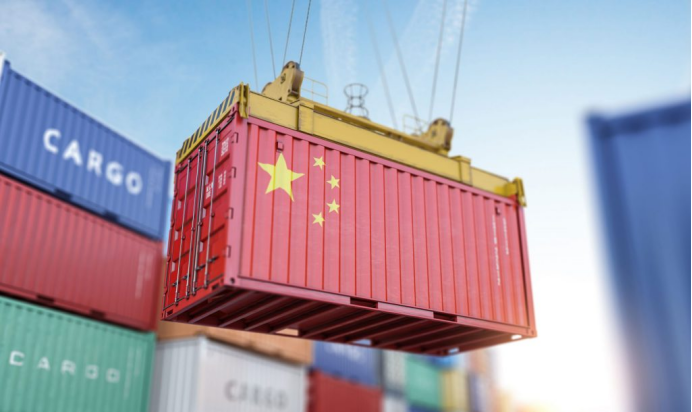English
Search
2025/02/08

As a freight forwarder specializing in DDP (Delivered Duty Paid) and LCL (Less-than-Container Load) services, we aim to clarify why container numbers and Bill of Lading (BOL) details cannot always be shared with individual clients. Below, we break down the operational and regulatory factors behind this policy.
1. How LCL/DDP Services Work
In LCL/DDP solutions, multiple clients' cargo is consolidated into a single container. This container is:
• Exported from China under TranBay's entity name (Master BOL or MBL).
• Imported into the U.S. under TranBay's entity name (House BOL or HBL).
Since the entire container belongs to multiple clients, no individual client “owns” the container number or BOL. Sharing these details would expose other clients' confidential shipment information, which violates professional ethics and contractual obligations.
Exception for DAP Shipping Services:
If you use your own entity to import goods under DAP (Delivered-at-Place) terms, we may issue a separate HBL for your cargo. In this case, you'll receive your dedicated container number and BOL.
2. When Container Numbers/BOLs Cannot Be Shared
Three conditions must all be met for us to withhold container/BOL details:
1. LCL shipments (consolidated cargo).
2. DDP terms (we handle customs and taxes).
3. No supplier-owned export declaration at Chinese customs.
If your suppliers do not use their own entity name to declare exports in China (e.g., to avoid fees or due to lack of export licenses), your goods will be grouped under TranBay's entity. This forces your shipment to share a BOL with others in the same container.
3. How to Obtain Dedicated Container Numbers
To receive container numbers for every shipment, clients must:
• Ensure all suppliers have valid Chinese export licenses.
• Require suppliers to pay destination-specific customs clearance fees (e.g., $50 per declaration).
Example:
If a supplier splits 50 CBM of goods into 5 U.S. destinations (e.g., ONT8, ABE8, TEB9, FWA4, GYR3), they must pay 3–5 separate customs fees (150–150–350 total). This allows us to declare each shipment under the supplier's entity name, breaking the third condition above.
4. Why Suppliers Resist This Approach
Most suppliers avoid this due to:
1. No export qualifications: Many lack licenses to legally declare exports.
2. Cost concerns: Fees add up for multi-destination splits.
3. Simplification requests: Suppliers often ask to declare all goods under one destination to reduce fees. However, this forces their remaining cargo to share a BOL with other clients' goods.
Final Notes
• Tracking updates: We always share vessel names and standard tracking details before departure from China.
• Transparency vs. Confidentiality: Withholding container/BOL numbers in shared shipments isn't a lack of transparency—it's a legal and ethical obligation to protect all clients' privacy.